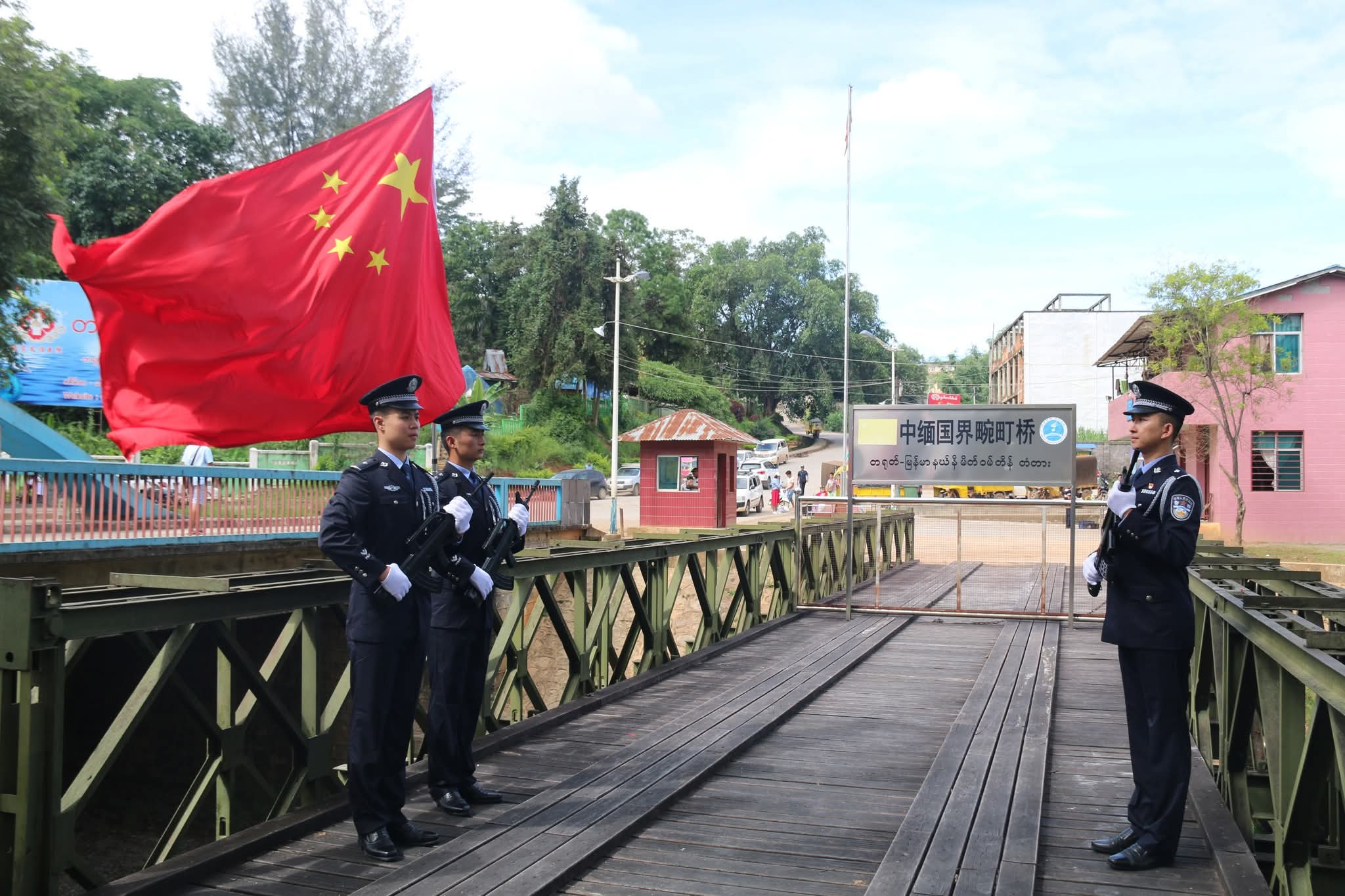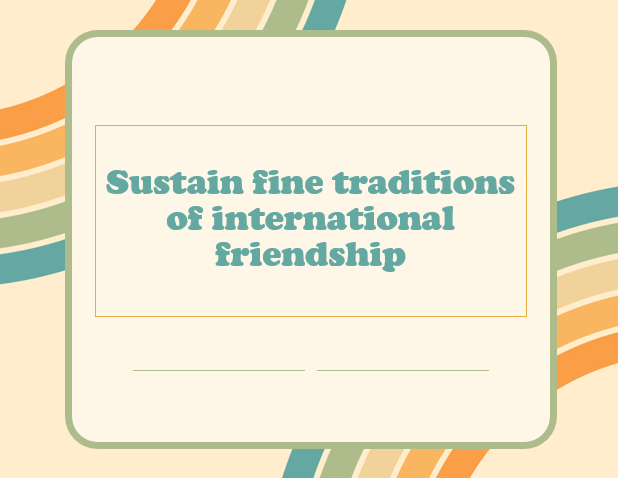Peace is Essential for Development
Posted_Date
Image

Body
Peace and development are deeply interconnected and mutually reinforcing. Peace and development are two sides of the same coin. Without peace, sustainable development is impossible, justice cannot prevail, and without peace, the hopes of future generations will remain dreams instead of realities. Peace creates the conditions necessary for individuals, communities, and nations to thrive socially, economically, and politically. Peace is not only the absence of war or violence; it is the presence of justice, stability, equality, and opportunity. It provides the foundation on which societies can grow, economies can flourish, and individuals can reach their full potential.
The Role of Peace in Economic Growth
Peace provides the stability that is essential for economic growth. Investors and businesses are more likely to invest in regions where the rule of law is respected, property is protected, and people can work and trade freely. In contrast, conflict disrupts markets, destroys infrastructure, and diverts resources away from productive use. Countries experiencing war or civil unrest often see their economies collapse, with millions pushed into poverty. Therefore, peace not only protects existing economic systems but also creates the environment for future growth.
Peace and Social Development
Social development, which includes access to education, healthcare, and social services, is also dependent on peace. In times of conflict, schools are often closed, hospitals are destroyed, and basic services become inaccessible. Children miss out on education, families are displaced, and entire generations are left without the opportunity to improve their lives. Peaceful societies, on the other hand, can invest in education, build hospitals, and promote social welfare programs that uplift the population and ensure long-term progress.
Peace Promotes Political Stability and Good Governance
Political stability is a cornerstone of development, and peace is its foundation. In peaceful nations, governments can function effectively, uphold the rule of law, and serve their citizens.
Peace Encourages International Cooperation
Peace also enables nations to collaborate on shared challenges such as climate change, trade, health, and security. Global development goals such as the United Nations’ Sustainable Development Goals (SDGs) can only be achieved when countries work together in peace. The United Nations Sustainable Development Goals highlight the strong link between peace and development. The Goal 16 specifically focuses on promoting peace, justice, and strong institutions. Without achieving this goal, other goals such as ending poverty, ensuring education, and promoting economic growth cannot be met. Peace creates the conditions necessary for all SDGs to be achieved. War and conflict create divisions and foster, preventing meaningful progress on issues that affect all of humanity.
In addition, Peace is the foundation upon which all progress stands, and peace is not just the absence of war; it is the presence of justice, opportunity, and stability. Development depends on peace because only in a peaceful environment can individuals and societies reach their full potential. As we look toward building a better future for all, it is vital that we invest in peacebuilding efforts, promote dialogue and understanding, and create inclusive societies where development can truly flourish. Therefore, nations, communities, and individuals must work together to cultivate peace through dialogue, justice, inclusion, and mutual respect.






